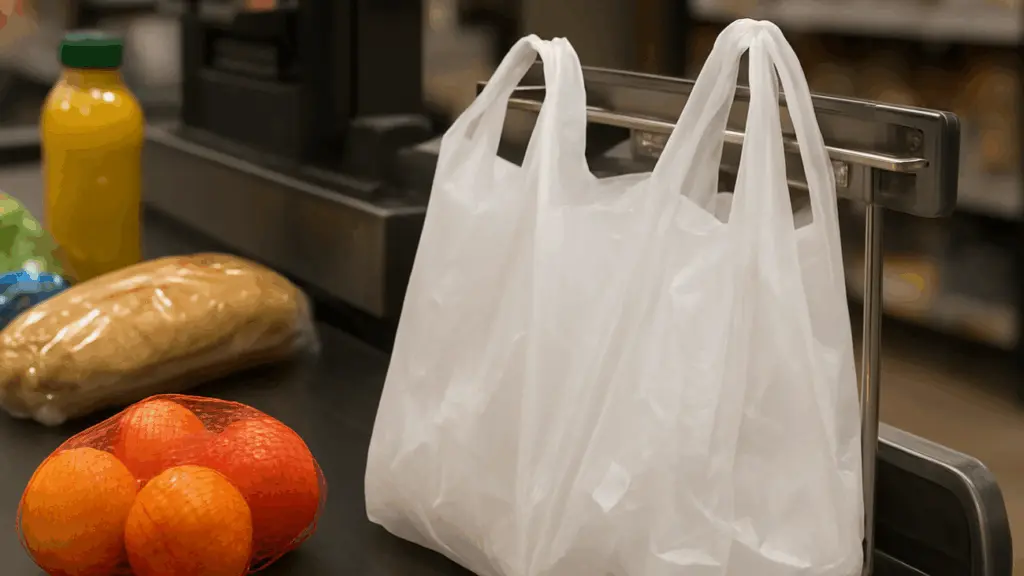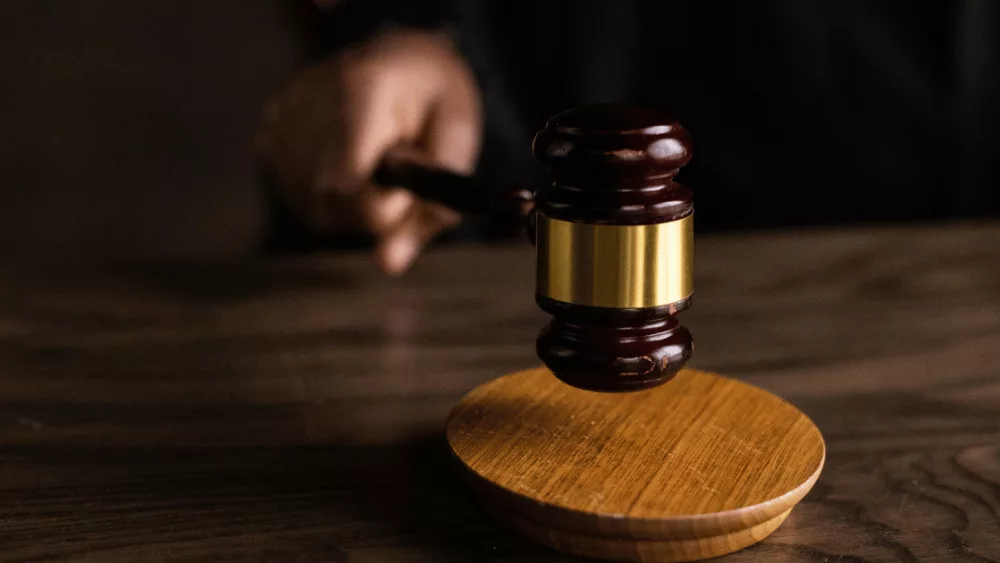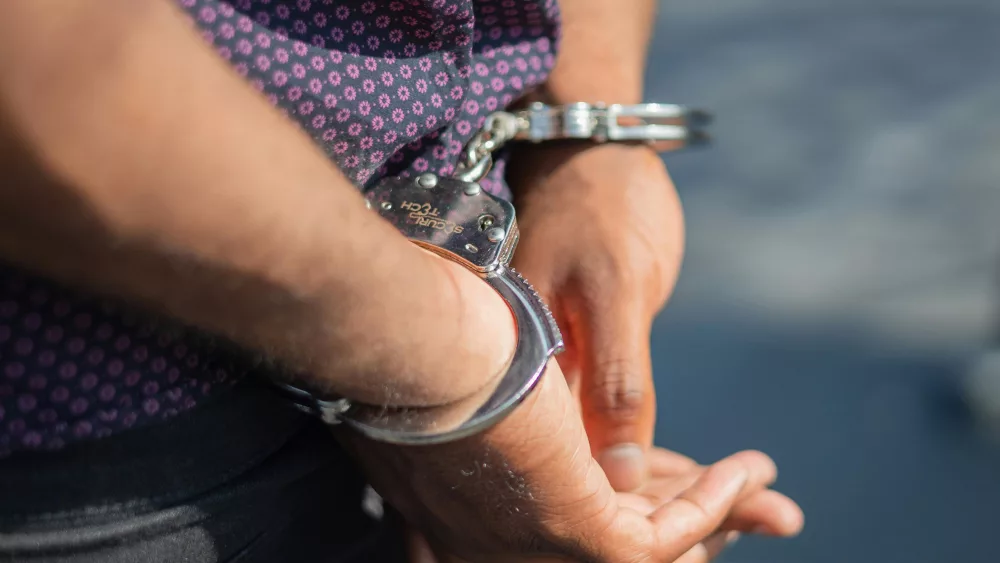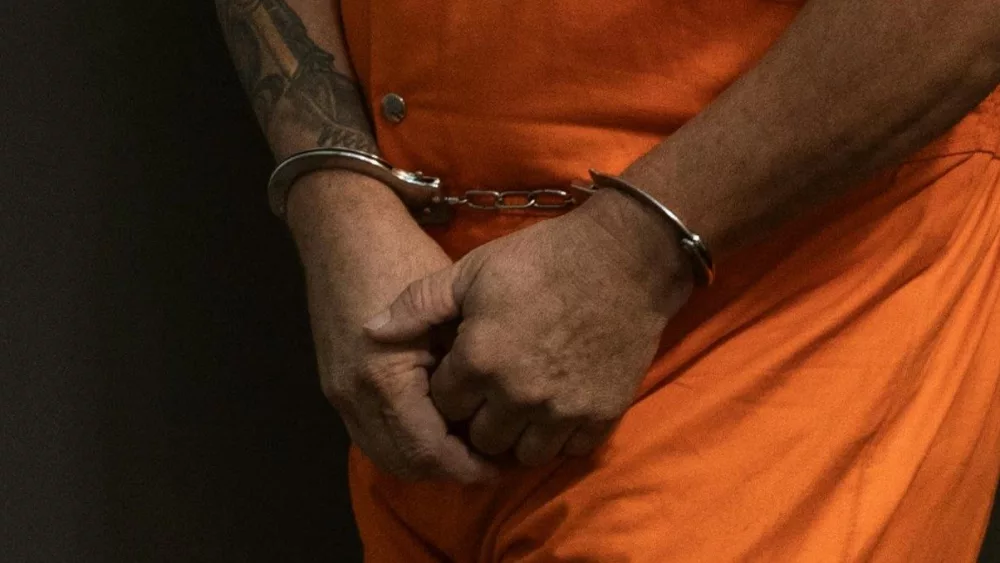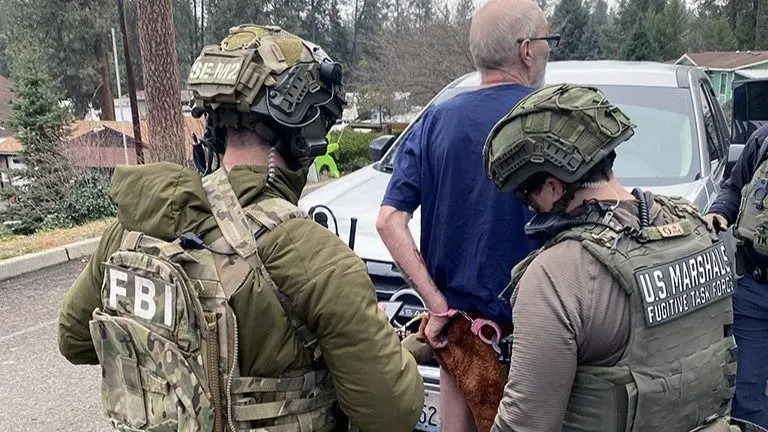OLYMPIA, WA – Washington shoppers will pay 4 cents more per plastic grocery bag starting in January. But the bags themselves won’t get any thicker for at least another two years as lawmakers fine-tune the state’s single-use plastic bag restrictions.
The price increase is a part of a law passed in 2020 banning some thinner, single-use plastic bags statewide and creating regulations for retailers offering carryout bags to customers.
Approximately 80,000 Washington businesses are affected by the law, according to the state Department of Commerce.
Under the law, paper and plastic bags have to be made with 40% recycled content, and plastic bags must be 2.25 millimeters thick and marked as “reusable.” The standard thickness for plastic grocery bags was previously 0.5 millimeters.
Customers are required, under the law, to pay a fee for a paper or plastic bag. The revenue from bag fees stays with the retailer to help cover the costs of meeting the state requirements. The law also allows for single-use compostable bags, which don’t have a per-bag fee.
The law set the initial fee for both paper and plastic at 8 cents per bag, but pre-scheduled a price increase for plastic bags to go into effect Jan. 1, 2026. Once in effect, plastic bags will cost 12 cents per bag, while the fee for paper bags will stay at 8 cents.
The 2020 law also scheduled an increase in the required bag thickness, from 2.5 millimeters to 4 millimeters, to take effect in January 2026. But legislation passed this year delayed that increase for two years.
The delay gives the Legislature time to revisit the state’s reusable bag policies and make further adjustments, lawmakers said.
To deter retailers from making the switch to thicker bags early, retailers who sell bags thicker than 2.5 millimeters between 2026 and 2028 will be penalized 4 cents a bag on top of the standard 12-cent fee beginning in January.
The penalty was part of the amendment to the bag law that lawmakers passed this year.
Under the law, the penalty will be passed to the customer, increasing the total per-bag price to 16 cents. Revenue from the penalty will be deposited into the state’s waste reduction, recycling and litter control account.
The 4 millimeter-thick bags are not widely used and retailers will “do everything they can” to avoid the penalty, Brandon Houskeeper of the Northwest Grocery Retail Association said during a House Environment and Energy Committee work session on Monday.
Houskeeper and Department of Ecology Solid Waste Program Manager Peter Lyon each confirmed Monday that, while Ecology has received over 800 complaints of bag ban violations since the law went into effect in 2022, no businesses have been fined for non-compliance.
Ecology staff and retailers have been successfully working together to address violations as they occur, Houskeeper and Lyon said.
Even though the bag fees have helped offset some of the costs, businesses are paying substantially more for the bags than they make back from the fees.
Depending on the manufacturer, plastic bags cost between 10 and 39 cents per bag to make and paper grocery bags can cost between 15 and 30 cents per bag.
The bag fees also don’t account for bags given to customers on food assistance programs who, under the law, are exempt from paying the bag fees, or bags that are stolen from self-checkouts.
A Washington State University study released this week found that, since the 2020 law went into effect, Washington saw a 50% decrease in the amount of plastic bags distributed, but a 17% increase in the total amount of plastic used.
In other words, shoppers were using fewer bags with the fee in effect, but the requirement for thicker bags was requiring more material, the study said.
Paper bags saw a 22% decrease, the researchers found.
The study also said that customers were not reusing plastic grocery bags enough to compensate for the higher plastic volume and the higher cost of producing them.
“The fact of the matter is, individuals aren’t reusing them seven to 12 times,” Department of Commerce representative Kirk Esmond said during Monday’s work session.
The study authors acknowledged that they struggled to obtain comprehensive data due to the pandemic and a lack of cooperation from some distributors.
However, they recommended that the Legislature remove the 4 millimeter bag thickness requirement entirely, and consider lifting the single-use plastic bag ban and allow retailers to again offer 0.5 millimeter-thick single-use plastic bags.
Commerce and Ecology representatives agreed with the recommendation on the 4 millimeter-thick bags, but disputed the proposal to lift the single-use bag ban.
“It certainly contradicts the law’s goal and the environmental factors that are associated with that,” Esmond said, calling the issue “very complex.”
This story first appeared on Washington State Standard.

